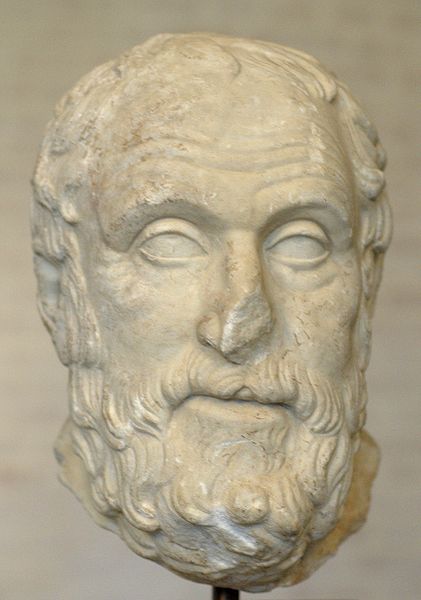What does the announcement say?
The evidence was reviewed critically, and overall evaluated as being limited among users of wireless telephones for glioma and acoustic neuroma, and inadequate to draw conclusions for other types of cancers.So, the evidence so far is inadequate for "other types of cancers" but for glioma and acoustic neuroma is described as limited.
And they continue:
The Working Group did not quantitate the risk; however, one study of past cell phone use (up to the year 2004), showed a 40% increased risk for gliomas in the highest category of heavy users (reported average: 30 minutes per day over a 10‐year period).So, we do have one study that shows a 40% increase for gliomas...
The keyword here is "limited". What does this mean in IARC jargon?
'Limited evidence of carcinogenicity': A positive association has been observed between exposure to the agent and cancer for which a causal interpretation is considered by the Working Group to be credible, but chance, bias or confounding could not be ruled out with reasonable confidence.So, the scientists in IARC are considering a casual link between glioma and acoustic neuroma and cell phone use to be credible, but they can't rule out chance, bias or confounding yet. So, further research is needed.
Announcements like that serve a dual purpose: first, they inform the public of possible dangers. Second, they ask for more money. However, a "it seems that way, but we can't be sure yet" statement shouldn't be taken lightly. After all, it's brain cancer we are talking about, and there are five billion users of mobile phones.
Let's see how Bill reads the press release:
Lyon, France, May 31, 2011 ‐‐ The WHO/International Agency for Research on Cancer (IARC) has classified radiofrequency electromagnetic fields as possibly carcinogenic to humans (Group 2B), based on an increased risk for glioma, a malignant type of brain cancer1, associated with wireless phone use.And here's how I read it:
Lyon, France, May 31, 2011 ‐‐ The WHO/International Agency for Research on Cancer (IARC) has classified radiofrequency electromagnetic fields as possibly carcinogenic to humans(Group 2B), based on an increased risk for glioma, a malignant type of brain cancer1, associated with wireless phone use.And lest Bill gets consumed with agony over whether he should be using his brand new iPhone (did Forbes get their fees for that ad?), let's give a reply to his burning questions:
I mean, are they kidding me? What the hell does “possibly carcinogenic to humans” mean? Is it or isn’t it?No, the announcement wasn't made to mess with you. Really. Honestly. They are serious scientists. As serious as serious people are these days. And they made an announcement to inform their colleagues and the public that they think mobile phones possibly cause gliomas and acoustic neuromas. There are serious studies that suggest this link, but because serious studies are not infallible, more research is needed before we can be conclusive that this link exists.
To insist on a black-and-white approach on any matter in a complex world is naive at best, and suspicious at worst. Personally, I wouldn't like the experts to announce in ten years' time that they had indications that cell phones were carcinogenic all this time, but they waited till they were 100% sure to let us know. In a complex world, you get lots of grey areas of data and you get to be responsible for the decisions you make. It's never easy. Even when you read Forbes.




